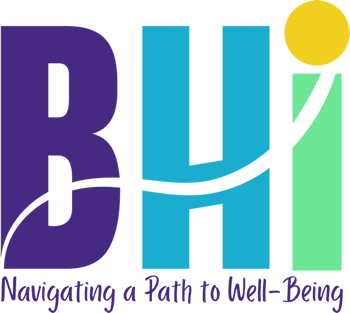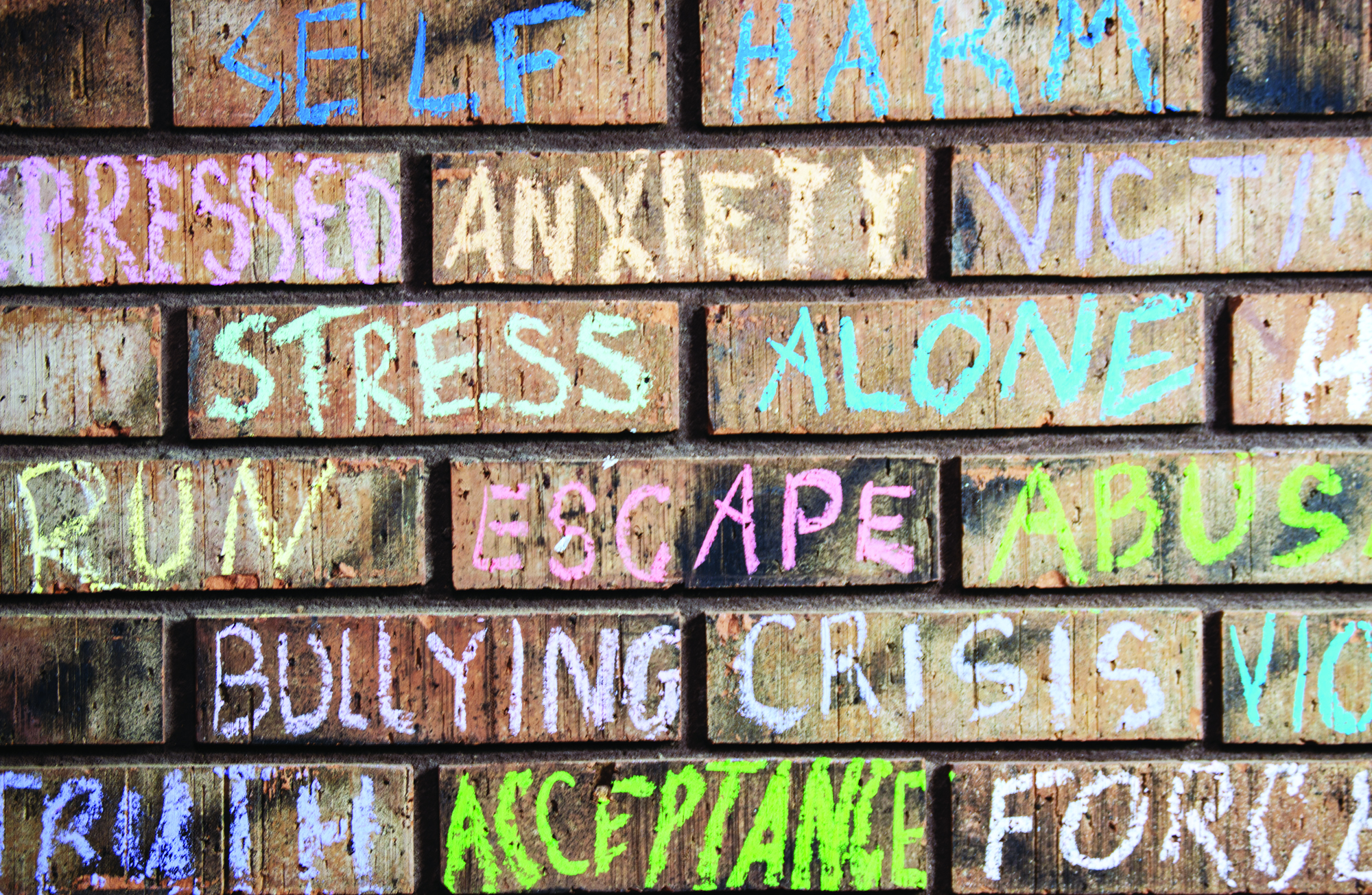RAMP® Risk Addiction Mapping Progression®
Peer Heroes Toolkit | RAMP®
Peer Heroes RAMP® is our social media toolkit for youth, by youth (our Peer Heroes!), highlighting risky behaviors on the RAMP® to addiction, giving hope and resources to young people dealing with anxiety, depression, and substance use disorder.
The Peer Heroes RAMP® toolkit has five components:
- “BRAINS AND BEHAVIOR” VIDEO: Understanding the RAMP® to Addiction ”Brains and Behavior: The RAMP® to Addiction” is narrated by Pat, a young person in recovery, linking everyday behaviors and the brain science of addiction.
- PEER HEROES VIDEO COLLECTION: Real Stories from Nine Young People in recovery describing their real life accounts of behaviors on the RAMP® to addiction, including depression anxiety and co-occurring mental health challenges.
- SOCIAL MEDIA COLLECTION: These content assets are meant to be shared on social media and focus on anxiety, depression and substance use disorder (infographics, quotes, artistic works).
- TEEN AND COLLEGE INFOGRAPHICS: Two Infographics Showing Teen and College Student Mental Health
- QUESTIONNAIRE: A Questionnaire (10-15 minutes) that elicits responses from youth about their thoughts, behaviors, life situations and traumas that relate to the progression of addiction as experienced by youth (24 and under) in recovery. Our main mode of delivery will be through middle and high school health classes. There is an instruction sheet we give to the health class teachers recommending they choose one or two videos to share with the students before the students fill out the questionnaire. The Questionnaire will also be available online for youth to take independently. There will be a call-to-action piece with updated resources for teens to access after taking the Questionnaire.
This approach effectively helps at-risk students identify their behaviors, understand the brain science, and recognize the impact of continued use.
Our main mode of delivery will be through middle and high school health classes.
Additionally, we will deliver Peer Heroes RAMP® through TikTok, Facebook, and Instagram.
About RAMP®
In addition to the Youth Summit, we present to Select Boards, Town Substance Use Coalitions and Human Services Department, at high school Counselors’ monthly meetings, at Superintendents’ meetings, to health classes, high school Peer Leaders, alternative learning classes, school student support teams, Parent Support groups, Cape Cod pediatricians and Cape Cod Health Care Community Programs Department.
Our goal remains to interrupt the trajectory and prevent young people from becoming addicted to substances. Peer Heroes talk about their experiences dealing with substance use, anxiety, and depression to raise awareness amongst their peers of what behaviors place them on the path to addiction.
We emphasize risky behaviors at the BEGINNING and MIDDLE of the RAMP® to addiction, not just the extreme behaviors in the severe stages, which tend to be highlighted. In fact, we hear from so many young people that they don’t consider their substance use behavior to be problematic because they don’t fit the extreme profile of someone with an addictive behavior. As they say, “we are not waking up in the morning craving a drink.” “We aren’t shooting up.” “We’re not homeless.”
By focusing on the extreme behaviors at the end of the addiction continuum, it’s unintentionally sending a message of acceptance of the risky behaviors that lead up to dependence and addiction. Our approach is intended to have the “at-risk” students identify with the behaviors earlier in the cycle, understand the brain science, and the impact of continued use in order to alter the trajectory and spare youth and their families the dire consequences of the disease of addiction BEFORE they become addicted. Our intention is to create stories that represent the diversity of race, gender and drug of choice (including alcohol) of those affected by addiction.
RAMP® integrates the perspective of people affected by mental health concerns and substance use disorders into care delivery.
All three components of our Multimedia Toolkit use the ACTUAL VOICES, and first-hand perspective of people affected by mental health concerns and substance use disorders. It is our belief that this content, broadly distributed, will prompt people to seek care or use resources for self-care. We have personally seen how understanding the brain science of addiction increases empathy for one’s own self, replacing feelings of shame with new understanding about their personal challenges associated with using drugs or drinking. This holds true for family and friends who can learn to love unconditionally, while being supportive. Letting go of this shame removes a major barrier, freeing people to seek treatment. Peer stories and brain science videos can also provide clinicians and social workers in healthcare andschool settings with real life perspective for behavioral health conditions resulting in increased empathy and understanding. We will include creation of medical school and medical society partnerships in our efforts.
RAMP® offers new resources for people affected by mental health and substance use disorders.
Peer Stories, Brains Science and Social Media Tools ARE THEMSELVES additional resources that are unique in nature and will be made broadly available to provide inspiration, hope, and a way to get help for those struggling with behavioral health challenges such as depression, anxiety, substance use disorder and accompanying feelings of shame, worthlessness and isolation. Our hope is to communicate that every person has worth and value, but sometimes they need a helping hand in order to see that. We are offering that help.
Expansion—Reaching More Youth Before Addiction
Objectives:
1. Interrupt the pathway to addiction for young people in the “risking risk” category before they become dependent on substances or contemplate self-harm.
2. Educate youth and their families/friends about upstream behaviors on the RAMP® to addiction so young people can recognize them.
3. Communicate the realistic impact of continued substance misuse in ways that are easier for young people to acknowledge.
4. Inspire and motivate individuals to take action to seek help, to stop, or cut down on substance use and/or get help for mental health challenges.
5. Provide immediate resources to get help – both for individuals, and family or friends worried about loved ones.

